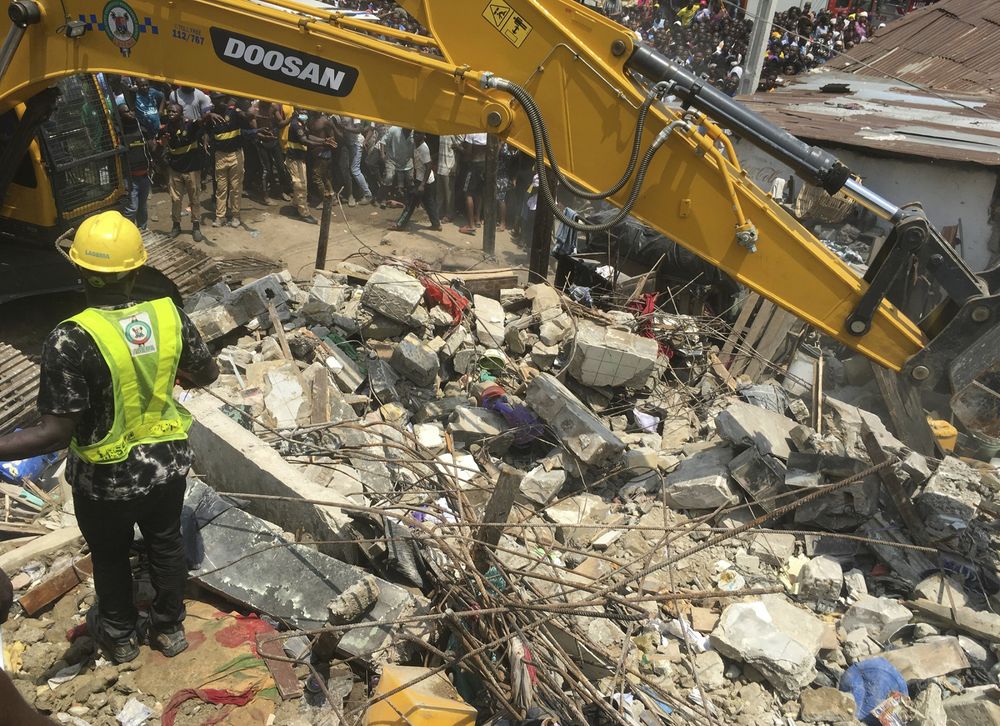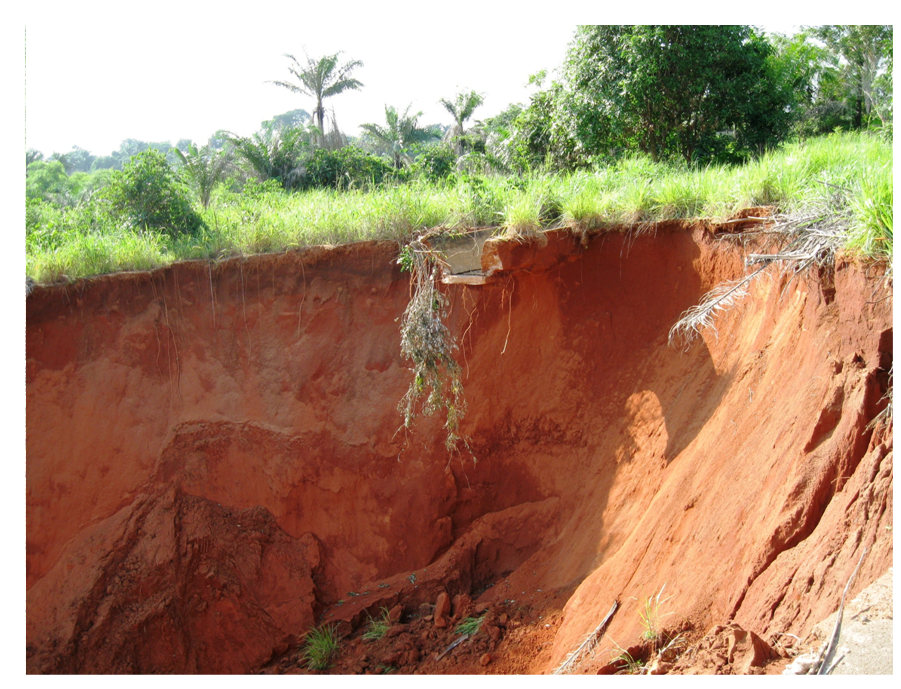Lagos Moves To Eradicate Waste Generated During Construction, Demolition
The Lagos State Government on Thursday launched the Construction, Demolition and Disaster Waste (CDDW) of the Lagos Waste Management Authority (LAWMA) in a bid to eradicate wastes generated during construction and demolition in the State.
Speaking at the CDDW Stakeholders’ Forum, with the theme, “Creating Values through responsible Management of Construction and Demolition Waste in Lagos State,” held in Victoria Island, Lagos, Commissioner for the Environment and Water Resources, Mr. Tunji Bello, said government had not stopped devising strategies towards value creation and making life better for all, noting that disaster was an inevitable natural occurrence.
According to Bello, the theme was critical, timely and a calculated step as it was targeted at contributing frontier approaches to construction and demolition waste management towards safety, livability and sustainability of human race and the environment.
The commissioner, whose speech was read by the Managing Director/Chief Executive Officer, CEO, of LAWMA, Dr. Muyiwa Gbadegesin, said the management of CDDW had evolved over the years with the introduction of various strategies with treatment options for re-use and recycling of CDDW to guard it against constituting environmental nuisance.
“Now, LAWMA is taking up the challenges to ensure efficient management of CDDW from cradle to grave in the State. The Lagos State Government is quite aware that the degrees or choice of management options deployed to waste is critical to climate change management, mitigation and adaptation and so, the Lagos State Government is implementing this ‘green’ approach to waste management.
“All these efforts are being concerted with due realisation that any omission or error that could be recorded in the adoption of options should not create new challenges; otherwise, the world eco-balance would be negatively affected. Whereas, we have the privilege of exploring workable and adaptable options to effectively and efficiently surmount and challenges.
“In line with this and the Zero Waste Initiative of this Administration, the Governor of Lagos State, Mr. Babajide Sanwo-Olu launched the BLUE-BOX programme during the celebration of his 100 days in office as part of his commitment towards achieving his development agenda. We are here today to officially Launch the CDDW programme of LAWMA and ensure that all stakeholders are well engaged along to own the programme,” he said.
Speaking on the T,H.E.M.E.S. agenda, Bello said thee state had continued to blaze the trail in innovative approaches to effective management of the waste sector in line with the determination and commitment to ensure a cleaner and healthier environment, saying that “we have re-energized the solid waste management sector by promoting the concept of Reduce, Reuse and Recycle as a major thrust of waste management in the state.”
Earlier in his opening address, LAWMA CEO, Muyiwa Gbadegesin, said there had been several attempts in the past to engage the stakeholders in the construction and demolition sector, with a view to developing policies and strategies, as well as modalities that would create a mutually beneficial relationship for effective management of CDDW in Lagos State.
“Therefore it is with great pleasure that our past efforts have yielded positive result and here we are today, big players in the construction and demolition sector, poised to make a change and set the pace for effective management of CDDW,” he said.
According to him, the forum was expected to chat a new course into how CDDWs were managed efficiently and effectively in Lagos State, stating that for several years, the solid waste management had been centred around waste from households and that LAWMA, as a responsible and responsive agency of government deemed it fit to address construction, demolition and disaster waste for the benefit of all.
“These wastes arise from construction and demolition activities which includes human and non-human factors. It is practically impossible not to generate waste and the most important thing is to understand what happen to these wastes afterwards. We at LAWMA want to use this stakeholder’s forum to kick-start discussions around Construction, Demolition & Disaster Waste management with the intent to create policy directive for mutually beneficial partnership with other stakeholders,” Gbadegesin added.
The objectives of the forum, he said, were to provide a framework for moving towards a recycling society with a high level of resource efficiency, analyzing and identifying business models in CDDW recycling, identifying the necessary measures designed to achieve a minimum of 30% (by weight) recycling target by 2022 of non-hazardous CDDW excluding naturally occurring materials; Increase confidence in the C&D waste management process and facilitate transition towards a circular economy to boost global competitiveness, foster sustainable economic growth and generate new jobs.
Others are: improved waste identification, source separation and collection; improved waste logistics, improved waste processing, quality management, appropriate policy and framework conditions and generation of reliable C&D waste statistics across the State.
Dr. Wahab Akeem Bolaji of Obafemi Awolowo University, Ile Ife, made a paper presentation titled, “Creating Values Through Responsible Management of Construction and Demolition Waste in Lagos State”, highlighting the importance of making most of the inherent values in CDDW.
Other paper presenters during the event were Mr. Adebola Olugbenga, CEO Richbol Environmental Services Ltd, who spoke on “Overview of CDDW Management in Nigeria (Focus on Lagos), while Dr. Jumoke Kassim made a detailed presentation on “CDDW Management – International Best Practice”.
High point of the event was a plenary session, where the panelists, which included GM LABSCA, Engr. Mrs. Abiola kosegbe, DG LASEMA, Dr. Femi Oke- Osanyintolu discussed the topic, “Construction, Demolition and Disaster Waste Management In Lagos – Challenges, Opportunities, Environmental, Social and Public Health Implications”.





